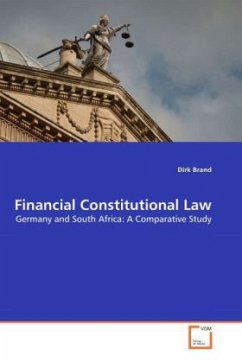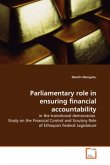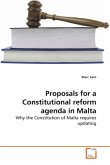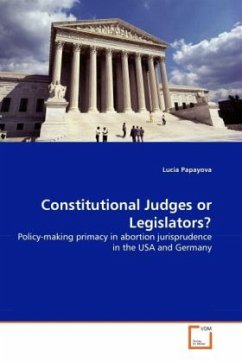Financial constitutional law is a very distinct part of constitutional law that forms the focus of this study. An overview of the applicable economic theory, the historical developments, the political contexts, the fundamental principles and the constitutional frameworks for government in Germany and South Africa is provided as a basis for the in-depth analysis regarding the constitutional accommodation of financial intergovernmental relations in these countries. It is not merely a comparative study of the relevant constitutional arrangements in Germany and South Africa, but it also looks at the practice. How is the financial constitution implemented? What are the taxing powers of provinces and Länder respectively? What is an equitable division of revenue? These are some of the practical questions dealt with in this study and which are of importance to many practitioners at different levels of government as well as academics and students.
Bitte wählen Sie Ihr Anliegen aus.
Rechnungen
Retourenschein anfordern
Bestellstatus
Storno








